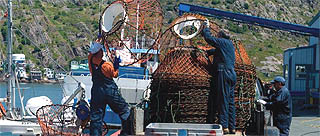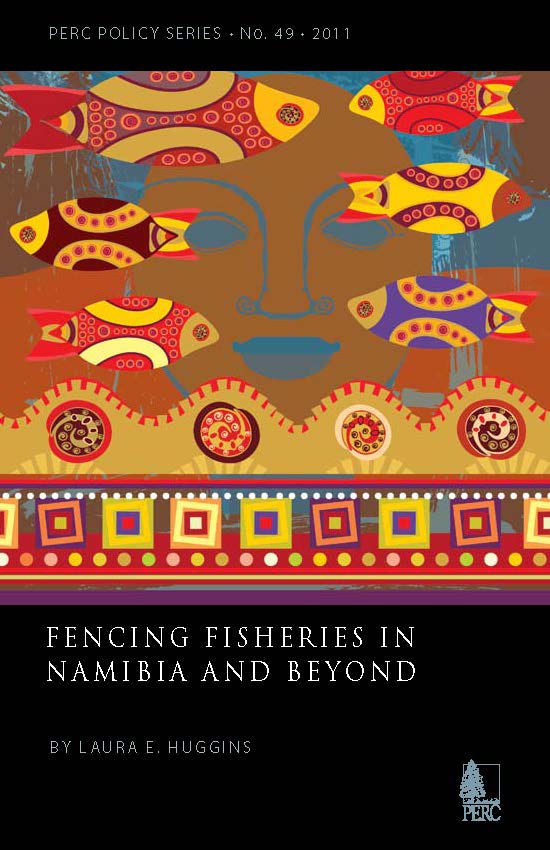[…] are the incentives for tiger conservation? A: Conservation NGOs benefit from the tiger’s charismatic high profile as a means to raise funds, and conservation scientists like to study tigers, so one could argue that they have an incentive to prevent them from becoming extinct. By contrast, rural people living near tigers have to deal […]








